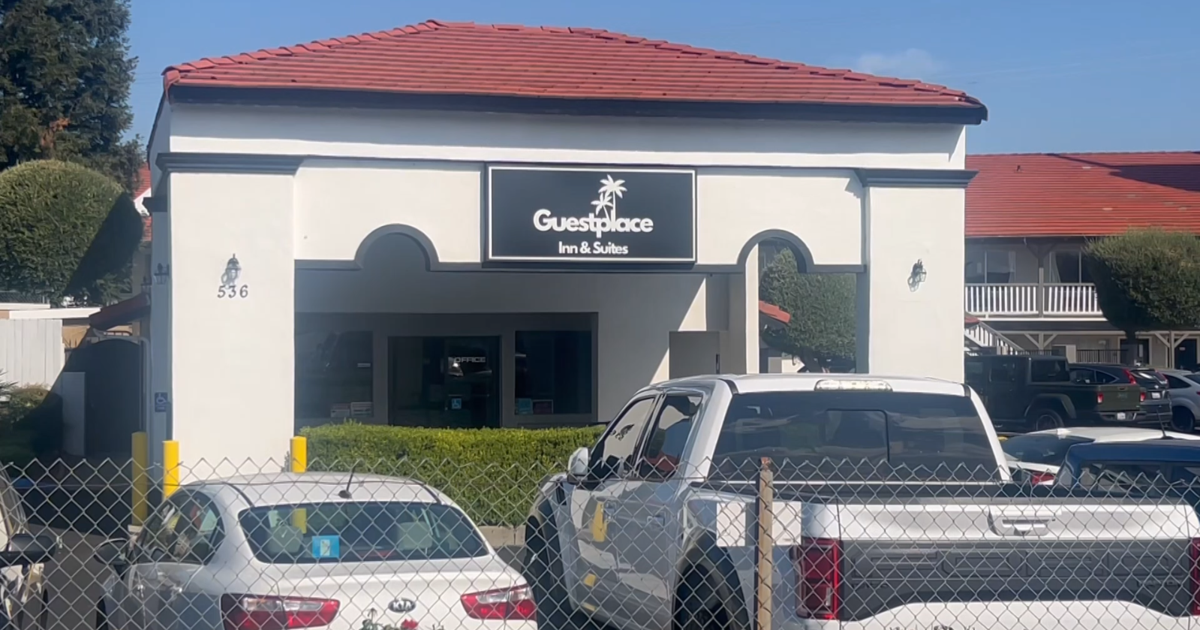Source: dailybreeze.com 3/30/25
‘Mary Bella’s Law ensures that rapists and child molesters serve their full sentences, no matter their age,’ said state Sen. Brian Jones
A California lawmaker has proposed legislation, named after two Riverside County child rape victims, that would disqualify convicted killers and violent sex offenders from a program that allows for the early release of aging prisoners who have served lengthy sentences.
Mary Bella’s Law, introduced as Senate Bill 286 by Sen. Brian Jones, R-San Diego, goes before the Senate Public Safety Committee for consideration on April 8. A news conference will be held on the steps of the state Capitol at 9 a.m. before the bill is heard in committee.
The proposed law would amend the state’s Elderly Parole Program, which was established in 2014 via court order and amended in 2021. It offers parole hearings for those at least 50 years old who have served 20 continuous years of incarceration — even murderers and violent sex offenders.
“We are hopeful that the committee will support this bipartisan, common sense legislation that protects the public, supports victims, and ensures justice,” said Jones, who introduced his bill on Feb. 6, in a statement Friday, March 28.
The bill’s co-author, Assemblymember Stephanie Nguyen, D-Elk Grove, introduced her own legislation, Assembly Bill 47, on Dec. 2 proposing to exclude sex offenders from the Elderly Parole Program. It is pending consideration before the Assembly Public Safety Committee.
“I introduced this bill with district attorneys from across the state because people convicted of rape, child molestation, or other violent crimes should never be eligible for early release just because they’ve turned 50. That’s not justice — it’s retraumatizing survivors,” Nguyen said in a statement Friday.
The Riverside County District Attorney’s Office is co-sponsoring Nguyen’s bill. District Attorney Mike Hestrin said in a statement that both Jones’ and Nguyen’s bills aim “to protect vulnerable members of our community, particularly children, from the elevated risks associated with these offenders.”




And this is coming from the criminal organization that thinks looking at pictures of underage children constitutes a violent offense. They’re all disgusting and so are the democrats who are going along with this.
That’s not justice — it’s retraumatizing survivors,” Nguyen said
Wouldnt that be legitimate for any crime against someone else? These people always have sex on the brain. Its an obsession. It reminds me of a case where in the uk a judge said a couple of guys he sent to prison for trying to lure people over the internet for sex stings had an unhealthy obsession with sex crimes.
What elevated risk? With a reoffense rate for People with a sex offense conviction are so low, where’s the risk? This is just more performative nonsense by idiot politicians, many of whom perhaps deserve to be in prison themselves.
All that I could find regarding the “justification” of this bill is that the assailants of the two victims this bill is named after were in their 60s. Not one single word or indication that they are/were registrants or had any priors at all. And wouldn’t you know it? Not one single reporter thought to ask.
As usual, another bill named after crime victims that a) would not have prevented the victimization of the bill’s namesake, b) do absolutely nothing to prevent future offenses, and c) cost near-astronomical sums of money (in terms of the continued incarceration of the least likely to reoffend).
It appears that there will be an inequality of justice to “carve out” a subset of population that was approved under the Elderly Parole Program. And since this is a type of privilege or immunity program, then this bill is trying to violate Sec 7(b) of Article 1 of the California Constitution:
It’s in the CA Constitution. ACSOL should sue upon those grounds. The privileges or immunities can be altered or revoked, but there cannot be a carve out or exclusion for a subset of the elderly convicted class from early release considerations.
This is evidence that registrants are treated as second class citizens as opposed to being equal citizens where privileges and immunities are granted to “all” citizens.